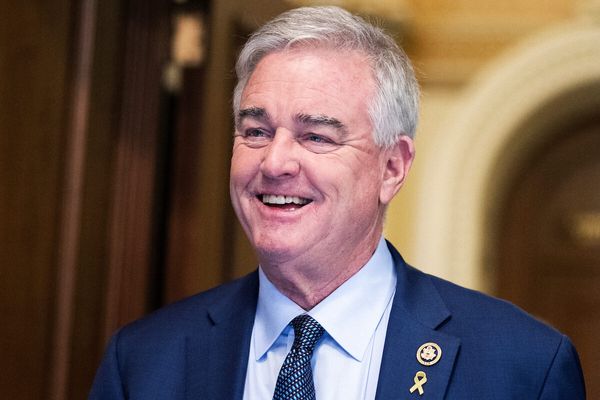
Britain has downgraded its forecasts for the takeup of electric cars over the next seven years as higher financing costs and rising energy prices threaten to cut the incentive for drivers to replace combustion engines.
The latest forecast from the Office for Budget Responsibility (OBR), released alongside the chancellor’s autumn statement, said that just 38% of new vehicles sold in the UK in 2027 would be electric, down from the 67% it predicted in March.
The revised numbers came as the chancellor, Jeremy Hunt, announced that the government would cut £10,000 from the energy bills of households willing to live near new power pylons as part of a massive expansion of the electricity grid.
A swath of new “electricity superhighways” are needed if the UK hopes to connect more clean energy, batteries and car chargers to the grid by the end of the decade.
The growth in EV sales has already slowed, partly due to higher electricity prices and lower prices for petrol, as well as higher interest rates. The government’s recent deferral of the petrol and diesel ban from 2030 to 2035 may also be dissuading car buyers from going electric, the OBR said.
Prolonged used of dirtier cars, which will cast doubt on the UK’s legally binding climate targets, will bring in slightly more fuel duty for the government – an average £700m extra a year, according to the new forecast.
The government agreed to take up the proposals put forward by its first electricity networks tsar, the industry veteran Nick Winser, which aim to boost green investments by halving the time it takes to build power lines from 14 years to seven, and by cutting the average waiting time for new energy projects to connect to the grid from five years to six months.
Simon Virely, a partner at KPMG, said the plans were “essential” if the UK hoped to meet its ambition of running a net zero electricity system by 2035. “But the emphasis now will be on speedy delivery of these plans,” he said.
The action plan was welcomed by the owners of Britain’s high-voltage transmission lines – National Grid, SSE and Scottish Power – which are preparing to invest billions in rewiring the UK’s electricity system in order to connect more clean energy, batteries and car chargers to the grid.
John Pettigrew, the chief executive of National Grid, said the government’s plan of commissioning a spatial energy plan alongside its steps to speed up the rollout of new grid investments would bring “clarity, authority and urgency to what needs to be built and where”.
Keith Anderson, the chief executive of ScottishPower, said the government had provided a “much needed boost” to put the country “back on track as a nation that builds infrastructure the rest of the world can envy”.
Alistair Phillips-Davis, the chief executive of SSE, said: “We look forward to seeing further details of today’s announcements and working with communities and policymakers across the political spectrum to build the cleaner, cheaper and more secure energy system we all want to see.”







